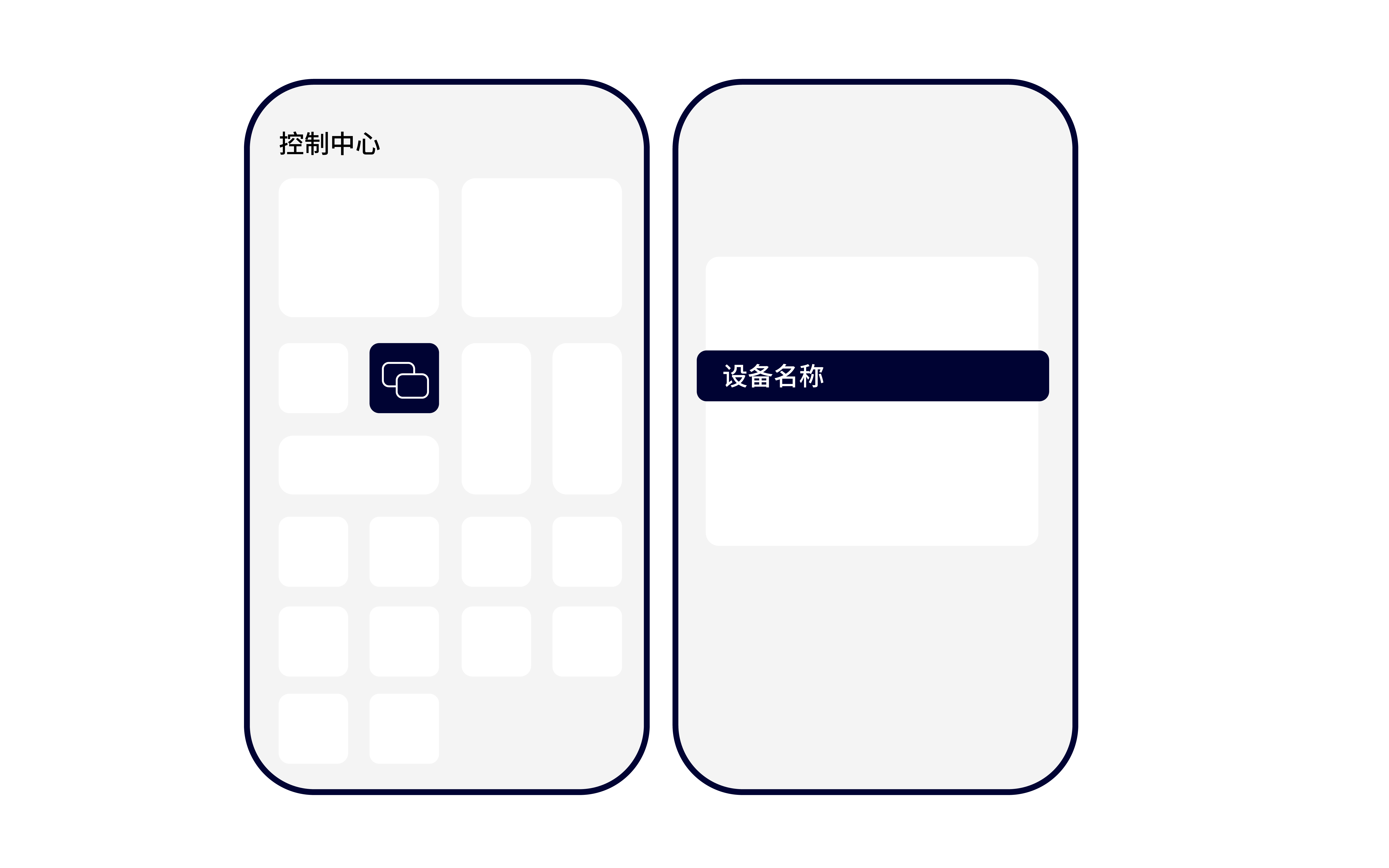AirPlay vs Miracast: What Are the Differences?
AirPlay and Miracast are both wireless display technologies, but they have some key differences:
AirPlay
- Developed by: Apple
- Compatibility: Primarily for Apple devices (iPhone, iPad, Mac) to Apple TV, AirPlay 2-enabled smart TVs, and other Apple devices.
- Strengths:
- Seamless Integration: Excellent integration within the Apple ecosystem.
- High Quality: Generally offers superior video and audio quality.
- User-Friendly: Easy to set up and use within Apple devices.
- Weaknesses:
- Limited Compatibility: Primarily for Apple devices.
- Reliance on Apple Ecosystem: Requires Apple devices and compatible receivers.
- Limited Compatibility: Primarily for Apple devices.

Miracast
- Developed by: Wi-Fi Alliance
- Compatibility: More widely compatible across different operating systems (Android, Windows, some Chromebooks) and devices.
- Strengths:
- Cross-Platform Compatibility: Works with a wider range of devices from different manufacturers.
- Open Standard: More widely adopted and supported.
- Weaknesses:
- Can be less stable: May experience occasional lag or disconnections.
- Variable Quality: Video and audio quality can vary depending on the devices and network conditions.

Here’s a table summarizing the key differences:
| Feature | AirPlay | Miracast |
|---|---|---|
| Developer | Apple | Wi-Fi Alliance |
| Compatibility | Primarily Apple devices | Wider range of devices (Android, Windows, etc.) |
| Ease of Use | Generally more user-friendly within the Apple ecosystem | Can have varying levels of setup complexity |
| Performance | Often higher quality, less lag | Can vary depending on devices and network conditions |
| Compatibility | Limited to Apple devices and compatible receivers | More widely compatible across different operating systems and devices |
In Summary:
- AirPlay is the preferred choice for users within the Apple ecosystem, offering seamless integration and high-quality performance.
- Miracast provides broader compatibility and can be a good option for users with a mix of devices from different manufacturers.